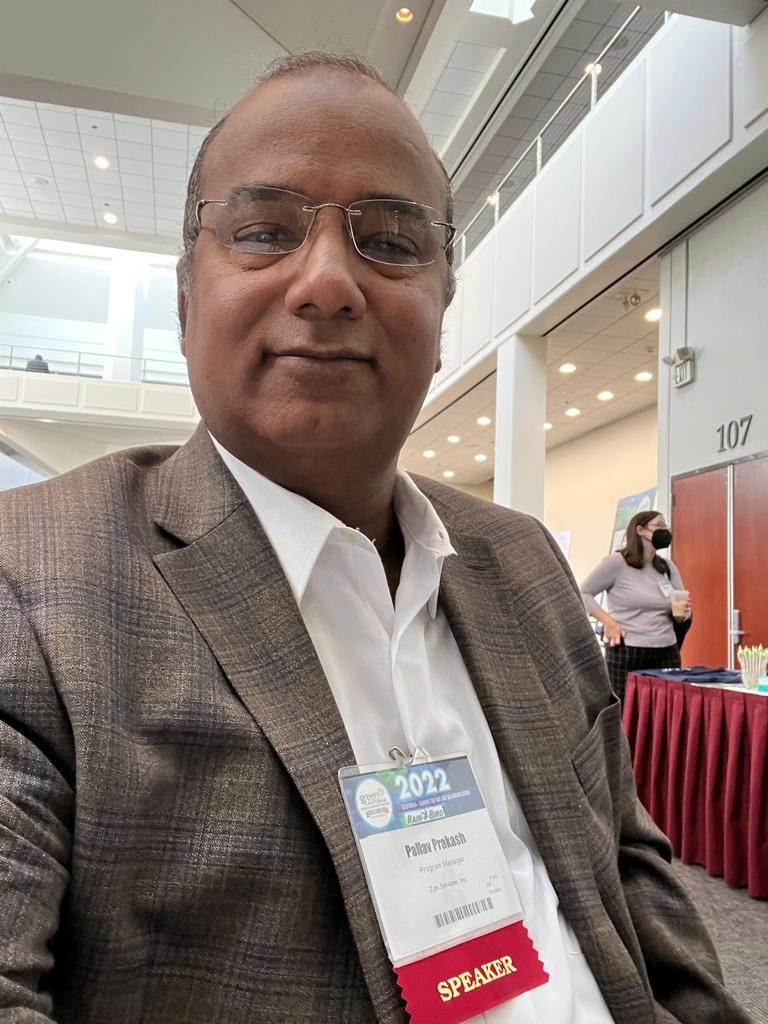Bridging The Cost Gap: Pallav Prakash's Drive For Affordable EV School Buses And A Cleaner Tomorrow
Children are affected and influenced by everything around them. And that includes the very thing that transports them to and from school- the yellow school buses. More than 90% of these buses use gas-based energy, increasing the pollutants and carcinogens in the very air these schoolkids breathe day in and day out.
Author:Paolo ReynaReviewer:James PierceOct 11, 202340.9K Shares545.5K Views

Children are affected and influenced by everything around them. And that includes the very thing that transports them to and from school - the yellow school buses. More than 90% of these buses use gas-based energy, increasing the pollutants and carcinogensin the very air these schoolkids breathe day in and day out.
What if their school buses were Electric Vehicles (EVs) instead? What if they could grow up and learn in a world that makes their surroundings as clean and healthy as possible? That is the dream Dr. Pallav Prakash is reaching for.
“I want to support the future of our society - children,” He ardently explains, “We adults are the ones who are supposed to pave the path for them without them asking for it. We need to know their unmet needs and act on them.”
But there is a big wall that we must climb before reaching that desired path.
“It’s the cost of deployment,” Pallav says seriously. “It’s one of the key components to EV school bus deployment. And the cost is about 3.5-4 times that of deploying ICE school buses. This is especially costly for school districts since they are not business oriented. Offsetting costs so educational arenas can remain as such is very important.”
It is a combination of different institutions and people that allow this to happen. Federal and state policymakers, private companies, and school districts need to work together to overcome deployment costs.
“The US is one of the best places in the world for this change to start,” Pallav comments genially. “It is a country with one of the most diverse sets of experiences, with so many different people, communities, and minds coming up with solutions for all sorts of problems.”
The federal government is already making great strides towards this goal, as evidenced by the 2021 Infrastructure Investment and Jobs Act’s objective of investing in clean energy infrastructure. This is good news for the relatively new uses for EV technology.
“State and federal government institutions play a lead role in offsetting deployment costs, especially for new technologies,” Pallav says, recalling his vast experience.
One of these experiences was a summer internship during his MBA with the Chicago Public Schools. There, he got exposed to the gaps in its transportation system and the need for it to be modernized to fit current times. Pallav finds ‘deployment at scale’ to leverage the cost-benefit ratio. The assurance of fixed revenues from vehicle-to-grid (V2G) technology while deploying EV school buses at scale could potentially be a game changer. And this is what he feels is the potential solution to bridging the high cost of deployment with an offset from V2G revenues.
“„I’m truly thankful to the agencies that have researched these topics and created knowledge banks that people like me can use to support society. One of my biggest value sets in life is to give back to the system that helped me reach this far. And the best way to do so is to support one of the fundamental institutions of the society - education.- Pallav Prakash
By working together with all stakeholders and school districts, Pallav is sure he can support the future of society and overcome the costs to reach that future.
Dr. Pallav Prakash currently works as a Program Manager at Zum Services Inc.
He leads the company’s EV vertical and initiative on the Net Zero Transition. He is also a judge at Stanford University for the subject of ‘Value Creation for the Real Economy’, as well as a mentor to the students at the Blum Center for Developing Economies, University of California at Berkeley. Pallav is an alumnus of Johns Hopkins University and Indian Institute of Management, Lucknow, India.

Paolo Reyna
Author

James Pierce
Reviewer
Latest Articles
Popular Articles